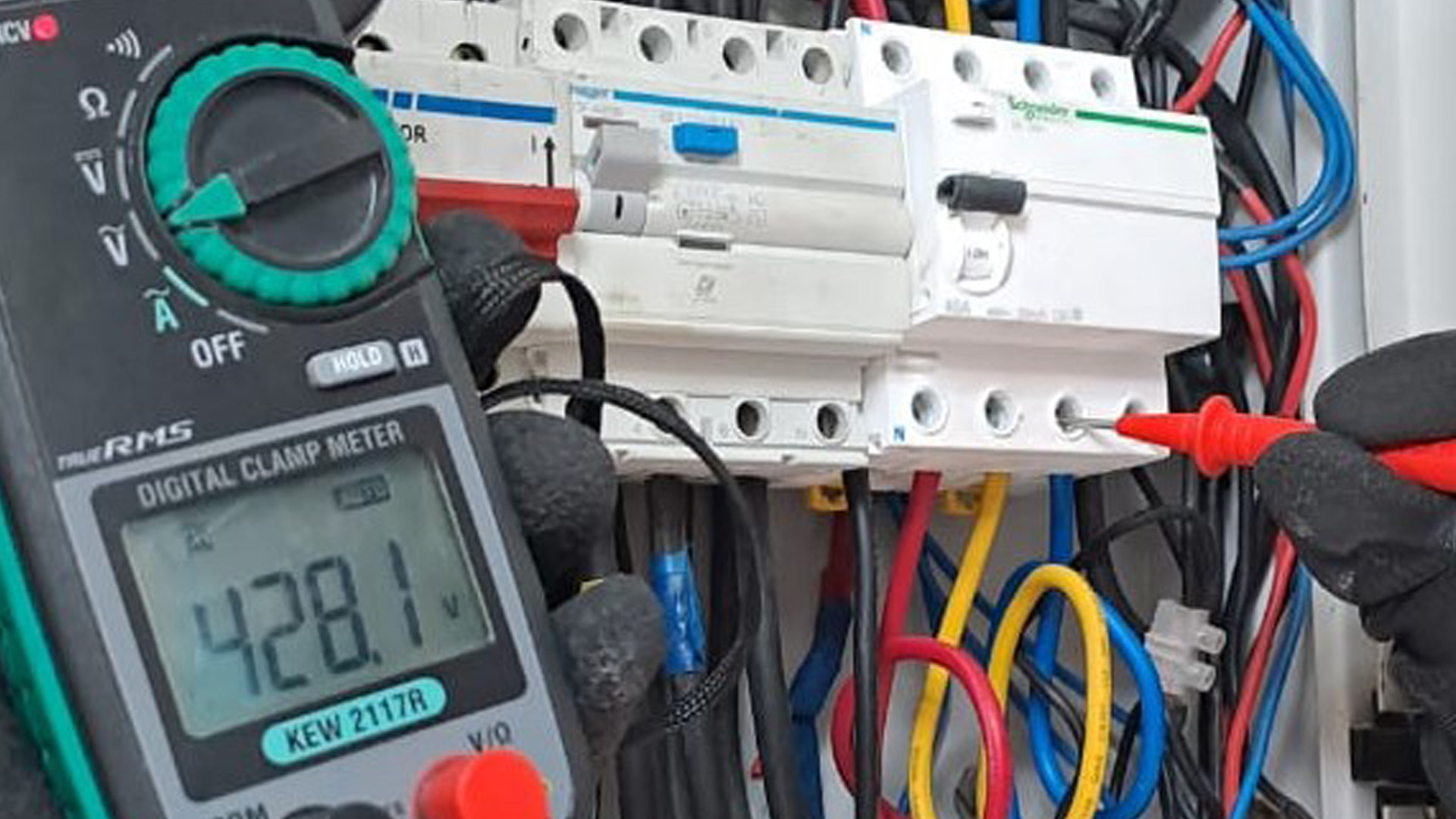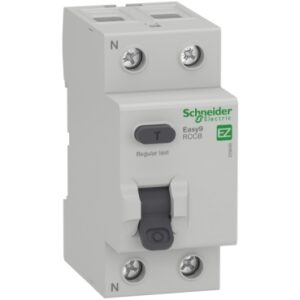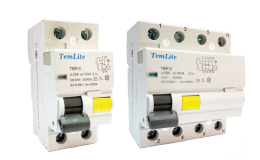Resolving RCCB tripping issues

Background: Electric Shock from EV Charger
A concerned customer reached out to us after experiencing a disconcerting electric shock while using a charger. Fearing for their safety, they sought our expertise to uncover the root cause of the issue. Recognizing the gravity of the situation, our team promptly organized a site visit to troubleshoot the problem firsthand.
Initial Assessment by RExharge:
Upon conducting a thorough investigation, our team identified a critical issue – the use of a Type AC Residual Current Circuit Breaker (RCCB). RCCBs are crucial components in electrical systems, designed to detect and interrupt the circuit when there is an imbalance between the live and neutral wires, which could indicate a leakage current. This mechanism helps to prevent electric shocks and reduce the risk of fire, as stated by Suruhanjaya Tenaga‘s National Conference on Electrical Safety 2011 of the Residual Current Devices ( RCD) in Electrical Installations regarding the importance of tripping RCDs (Residual Current Devices).
However, not all RCCBs are created equal, and this is where the difference between Type AC and Type A RCCBs becomes significant.
Type AC RCCB is designed to detect alternating current (AC) imbalances only. While it is effective in traditional electrical systems, it falls short in situations where direct current (DC) may be present, such as in EV chargers.
Type A RCCB is engineered to detect both AC imbalances and pulsating direct current (DC) residuals. This capability is crucial for environments involving electric vehicles (EVs) because EV chargers can generate DC residual currents, which a Type AC RCCB cannot detect.
In the case of our customer, the Type AC RCCB installed was unable to detect the pulsating DC current that was present during the charging process. This deficiency led to the electric shock sensation experienced by the customer, as the RCCB did not trip when it should have, due to its inability to sense the DC component.
REx Solution:
Understanding the importance of safety and compliance, we proposed a strategic upgrade from the existing Type AC RCCB to a Type A RCCB. This upgrade is not merely about adhering to the Suruhanjaya Tenaga (Energy Commission) GUIDE ON ELECTRIC VEHICLE CHARGING SYSTEM (EVCS) 6.2.1 minimum safety requirements, which stated:
i) Owners and Operators of the non-domestic installations,
installation of licensees for retail and licensees for private
installation shall establish their Safety Management Programme.
ii) All operational works shall be in accordance with the
requirements of this Code and the owner’s and/or operator’s
Safety Management Programme.
The Type A RCCB is specifically designed to detect both AC and pulsating DC residual currents, making it a necessary component in any EV charging system. By upgrading to Type A, the customer’s system can now accurately detect and interrupt any potential leakage currents, thereby preventing electric shocks and minimizing the risk of RCCB tripping or, conversely, nuisance tripping of RCCBs due to undetected DC residuals.
This proactive approach not only aligns with industry safety standards but also reinforces our commitment to providing our customers with the safest and most reliable solutions. We emphasized to the customer that the upgrade to a Type A RCCB is essential not just for meeting regulatory requirements but for ensuring their ongoing safety and peace of mind.
Conclusion:
In the evolving landscape of EV infrastructure, the distinction between RCCB types cannot be overlooked. For any EV charging setup, whether RCCB 3 phase or RCCB single phase, upgrading to a Type A RCCB is crucial for detecting both AC and DC residual currents, ensuring the highest level of protection. Adhering to Suruhanjaya Tenaga’s guidelines is not just about compliance – it is about safeguarding lives and property. At REx, we are dedicated to leading the charge in safety and innovation.
If you’re experiencing similar concerns with rccb tripping, don’t take any chances with your safety. Contact RExharge today to schedule an inspection and upgrade your ev charger with the appropriate safety measures. Let us ensure your charging experience is both safe and reliable. Reach out to us now for a consultation!


